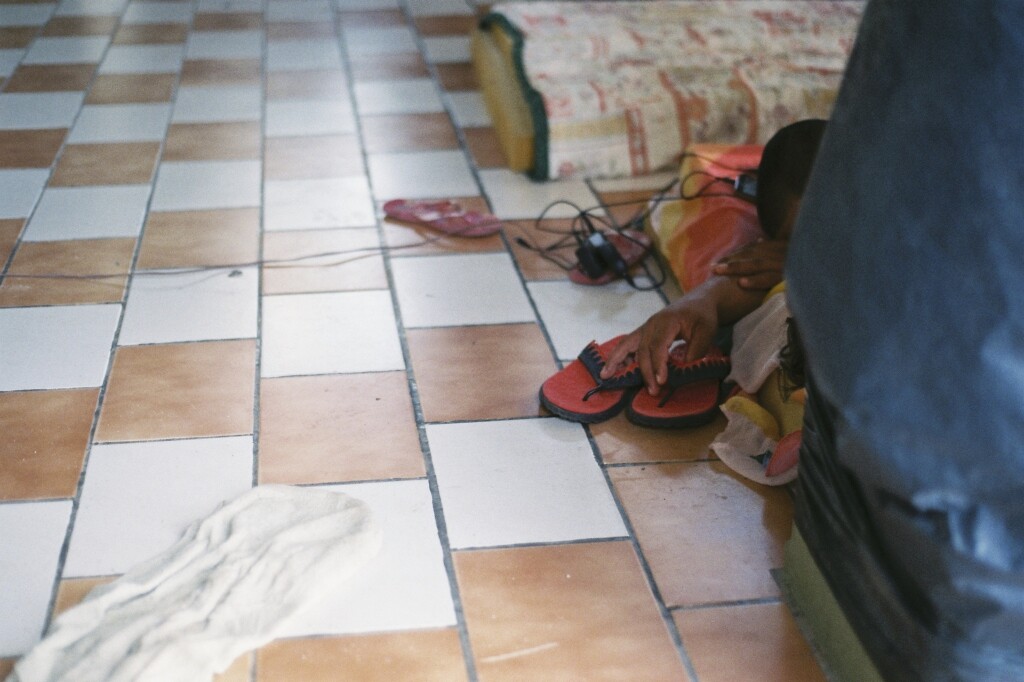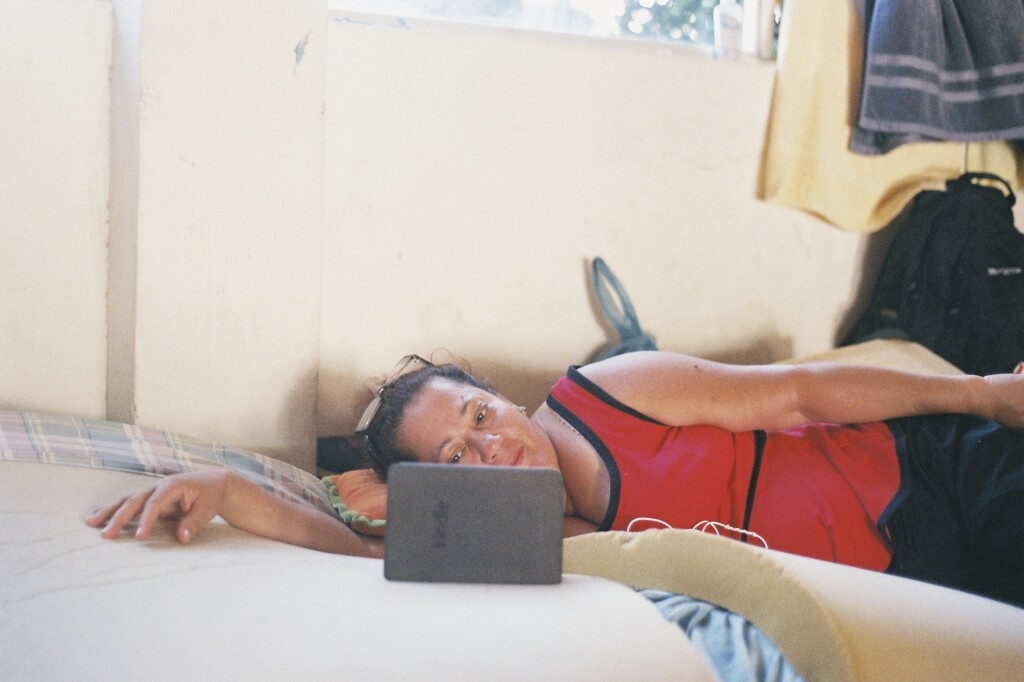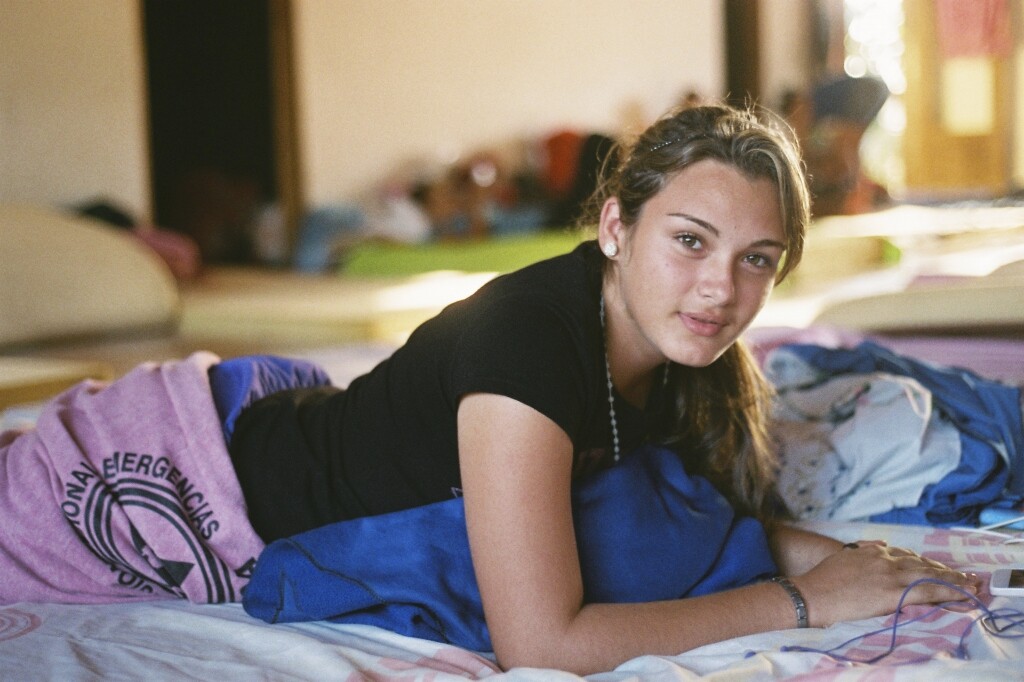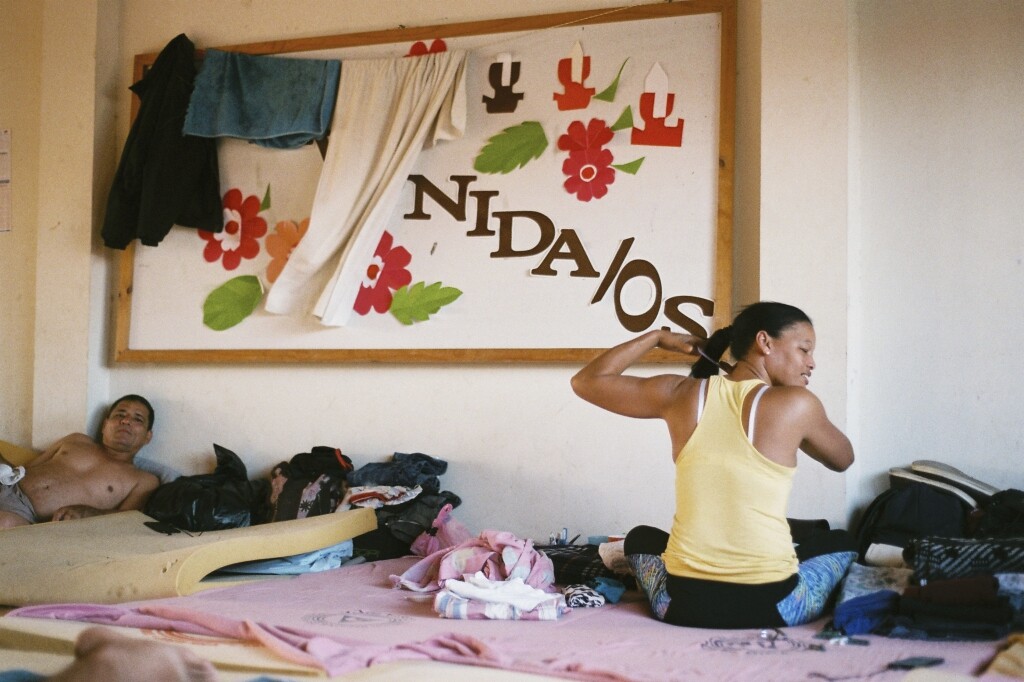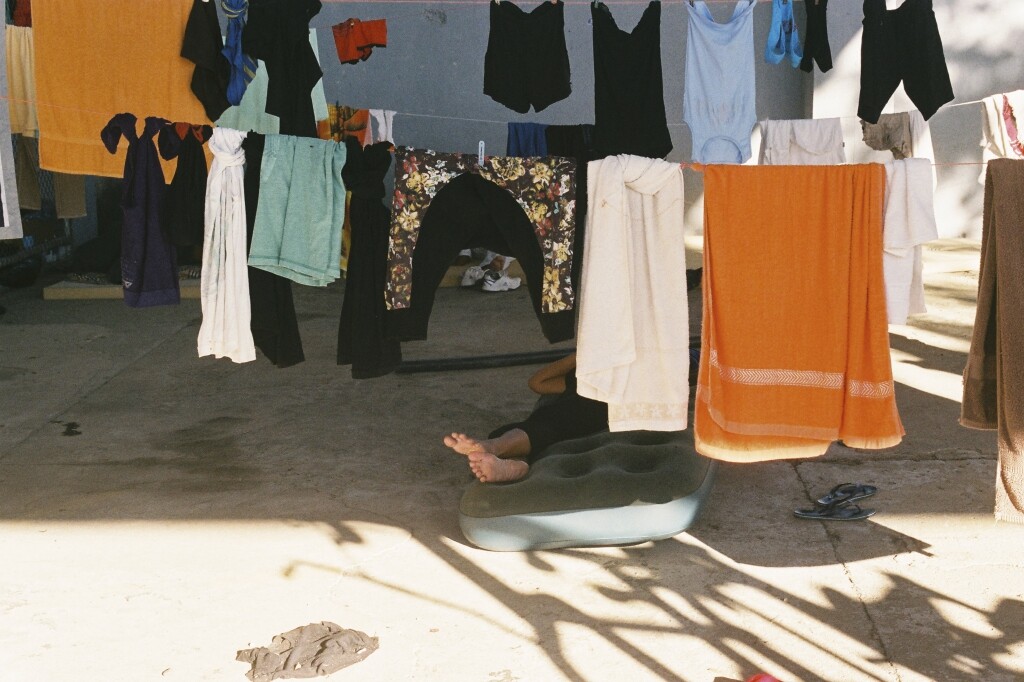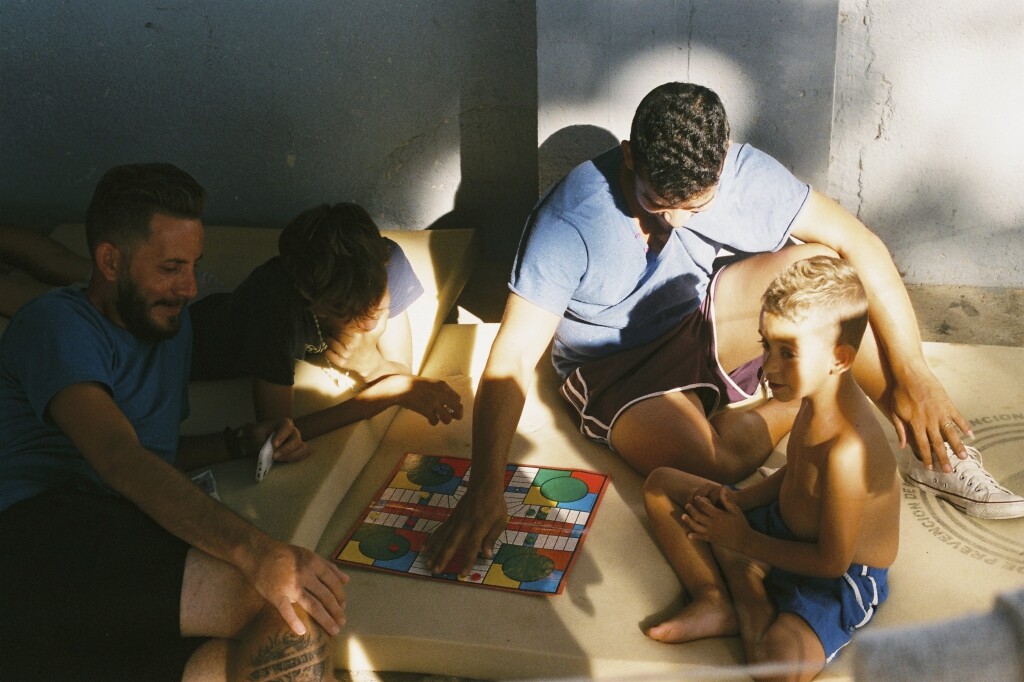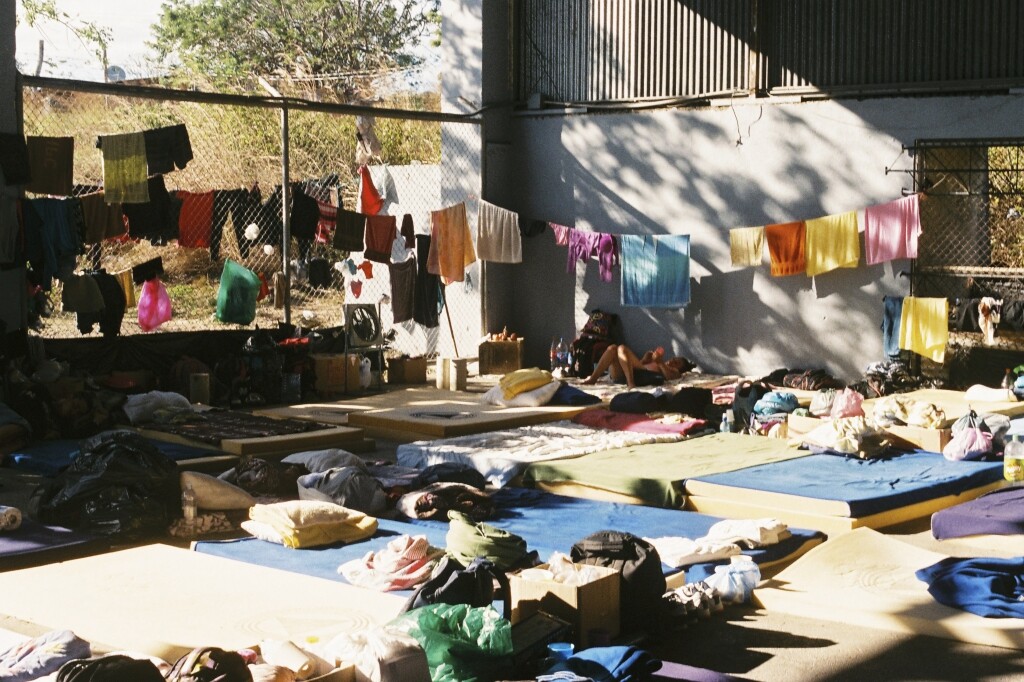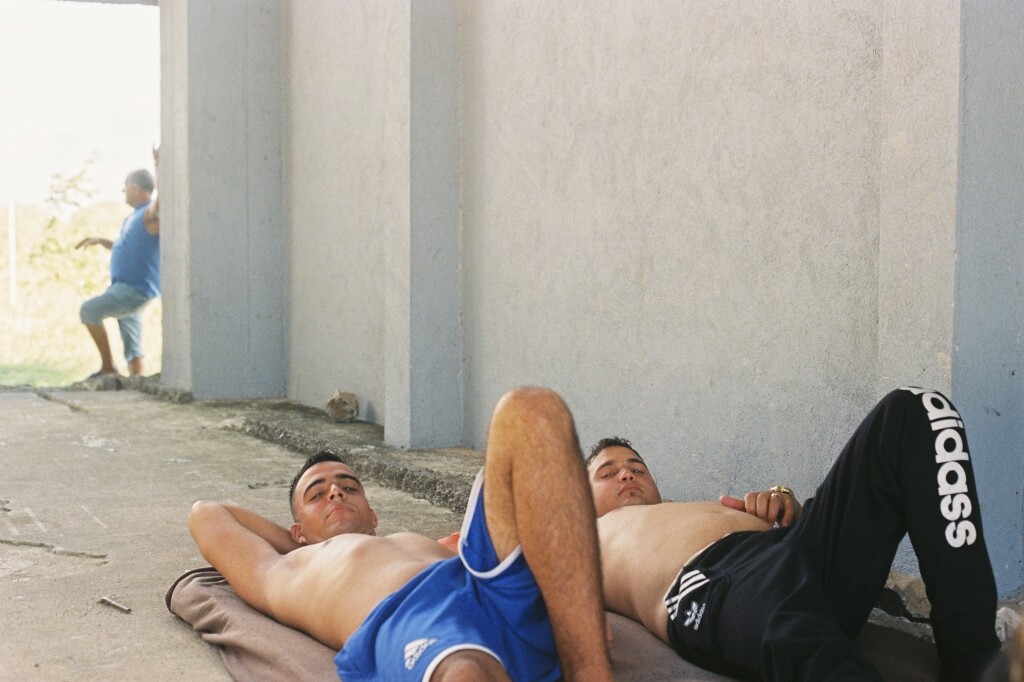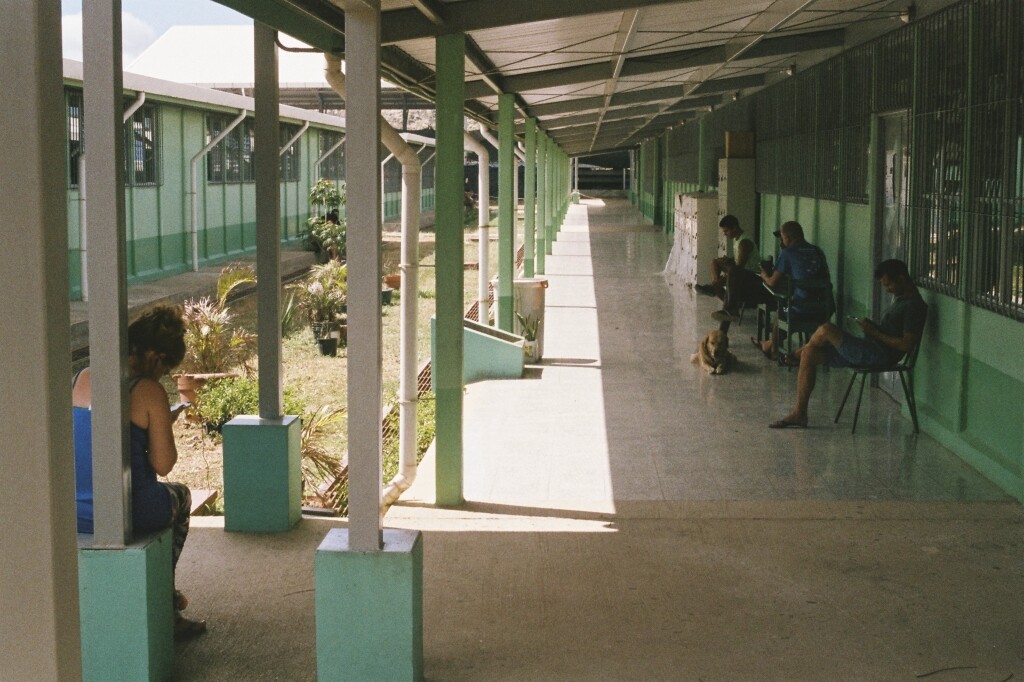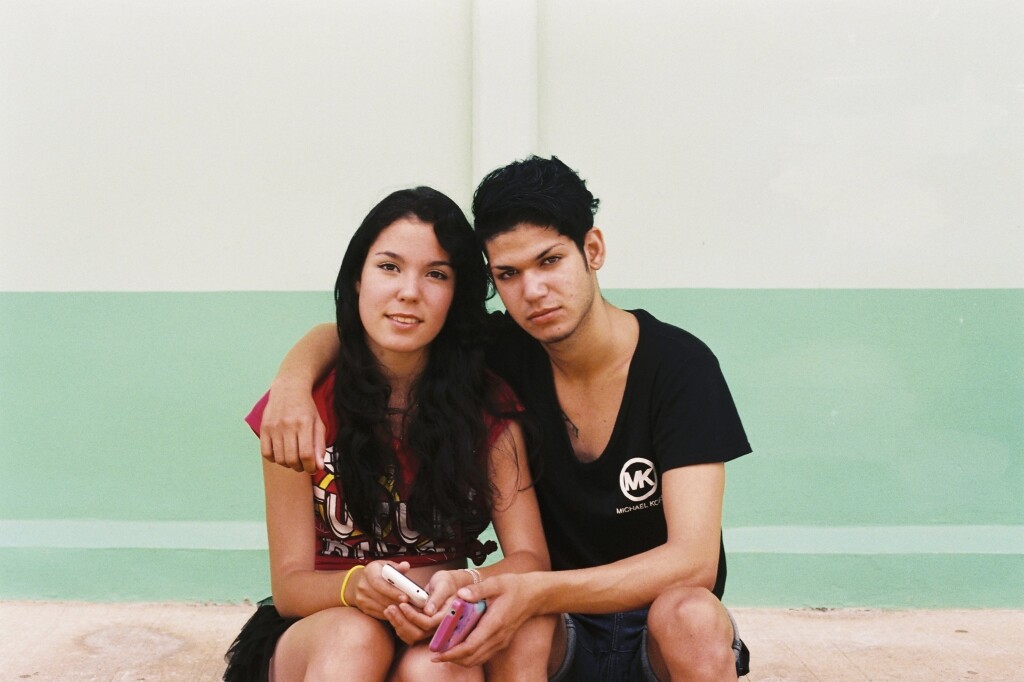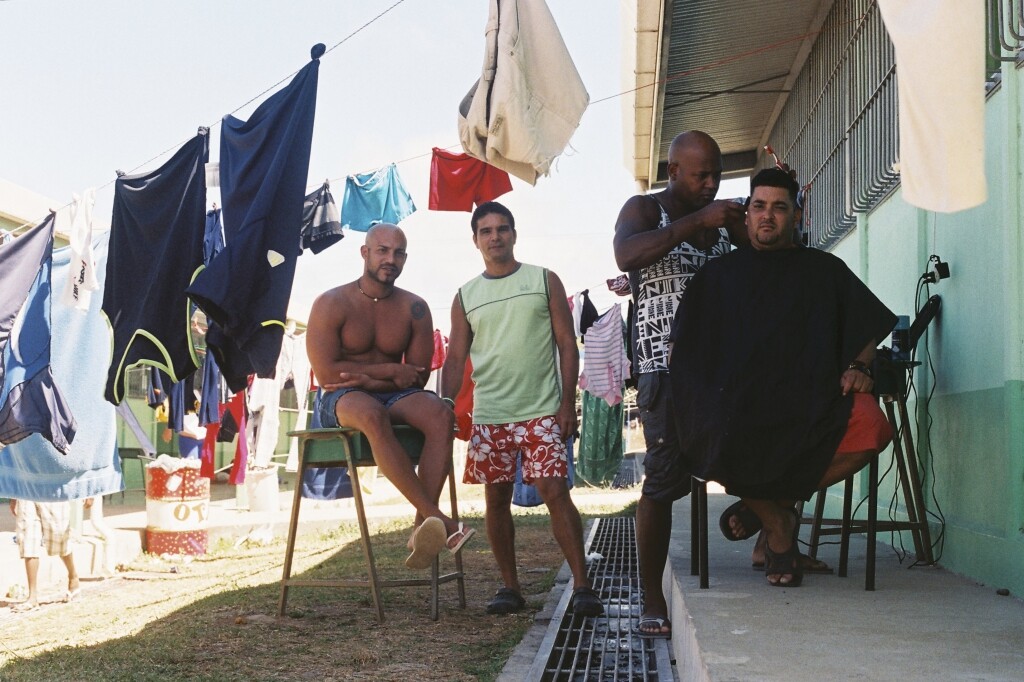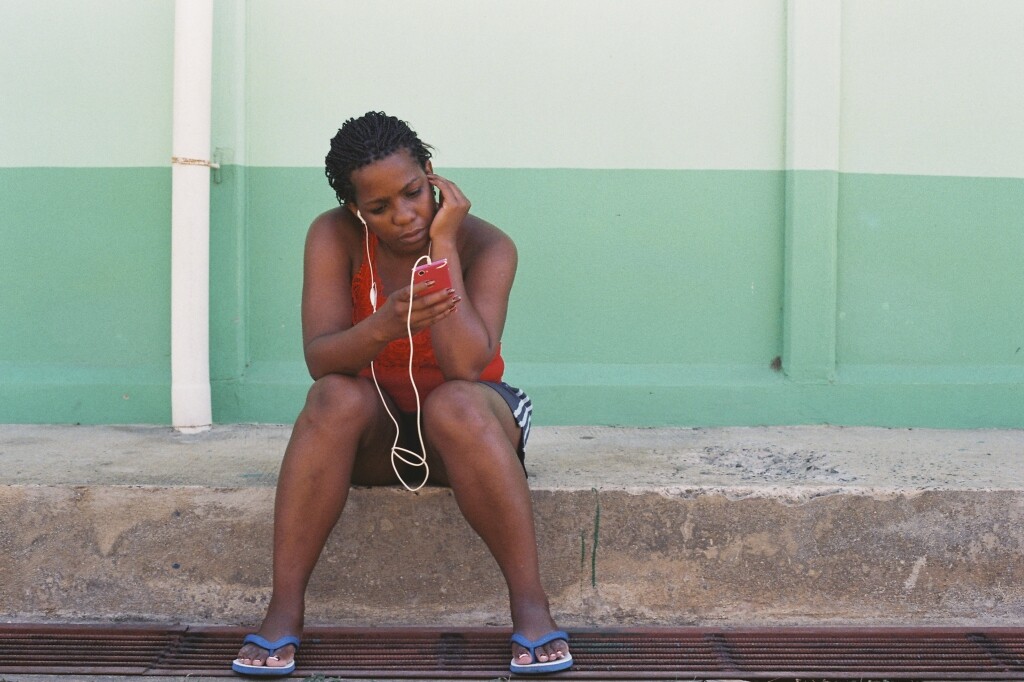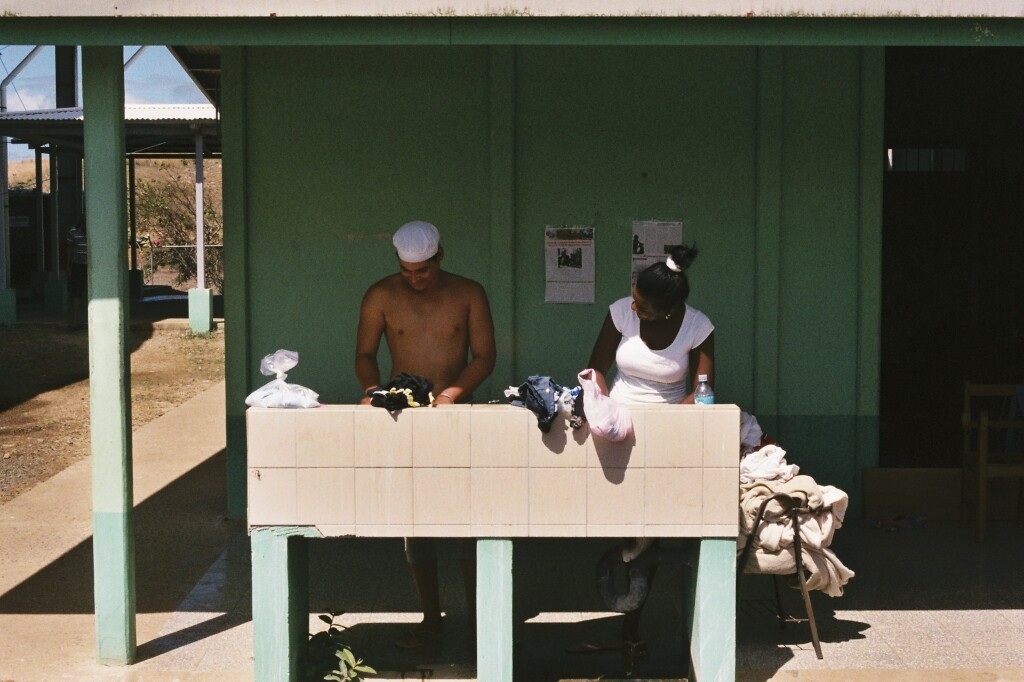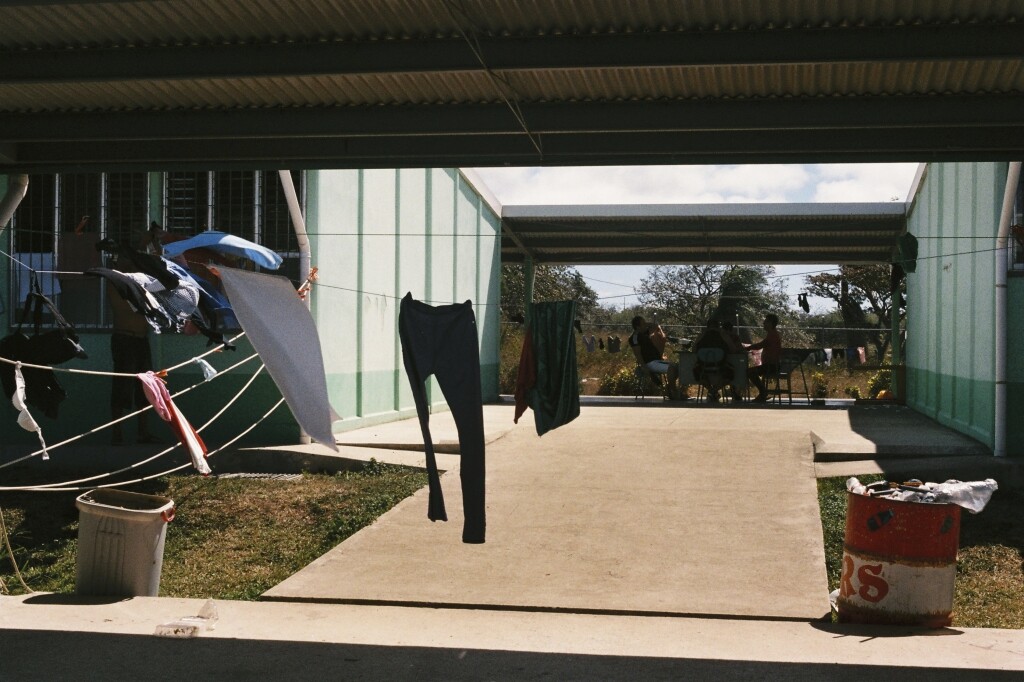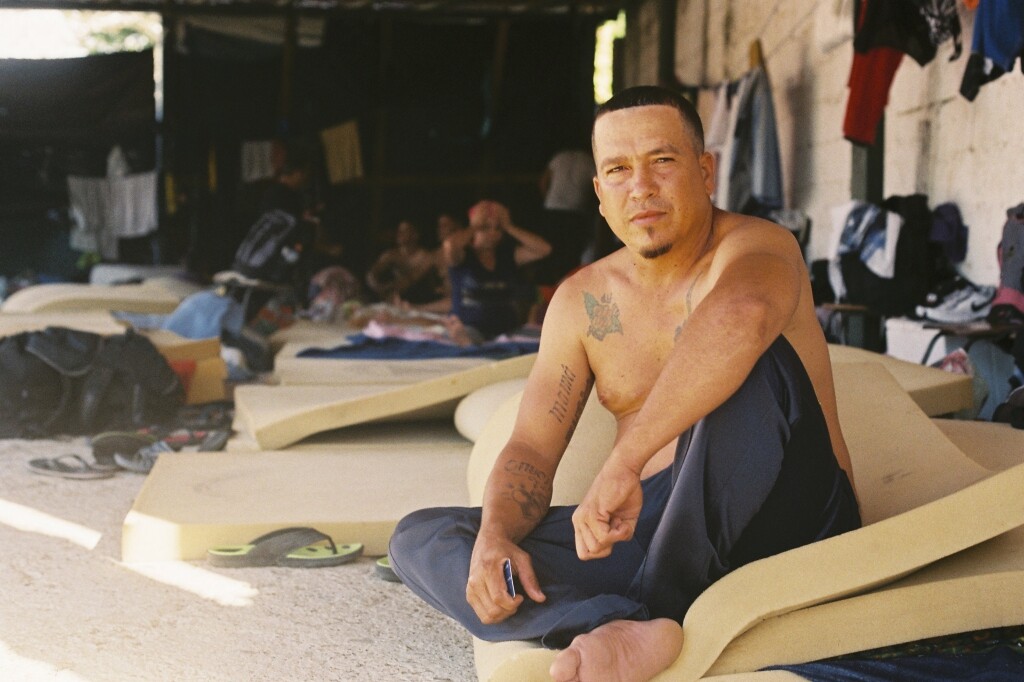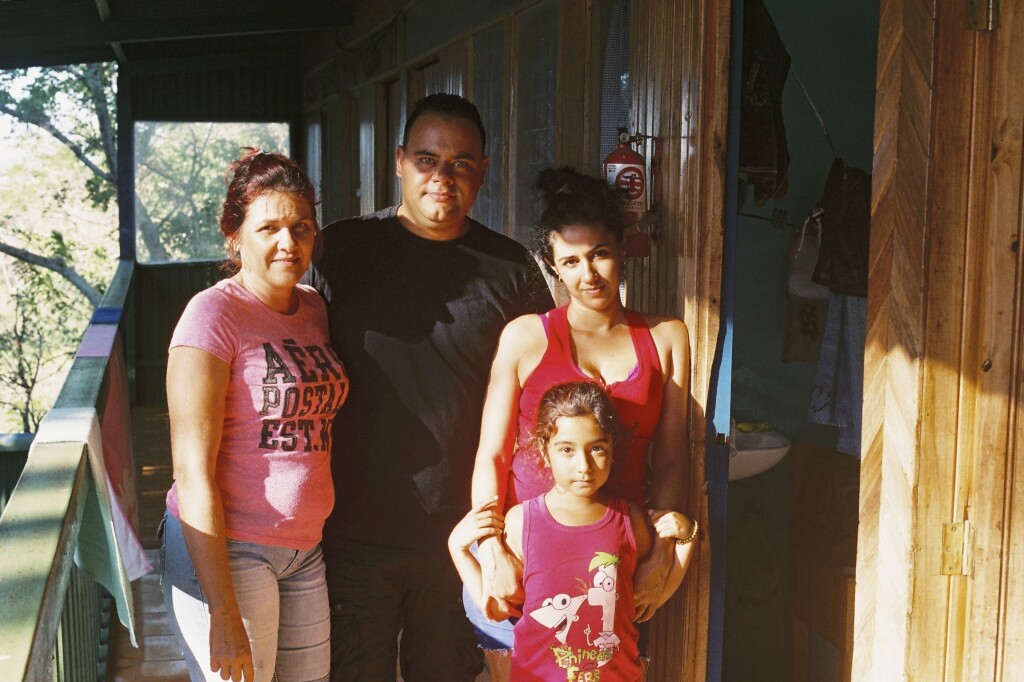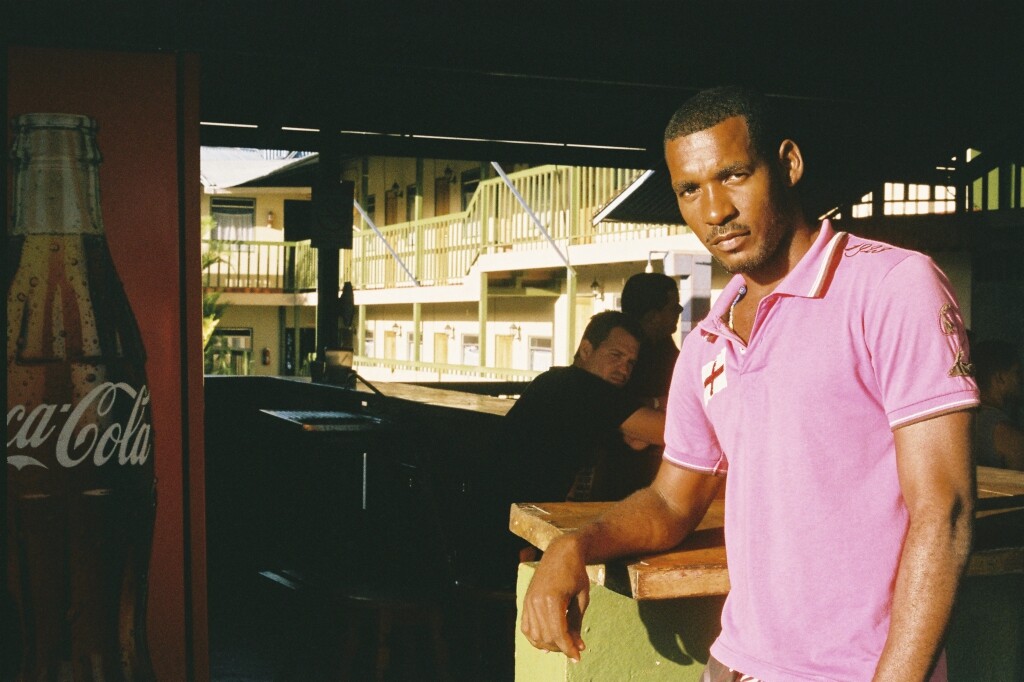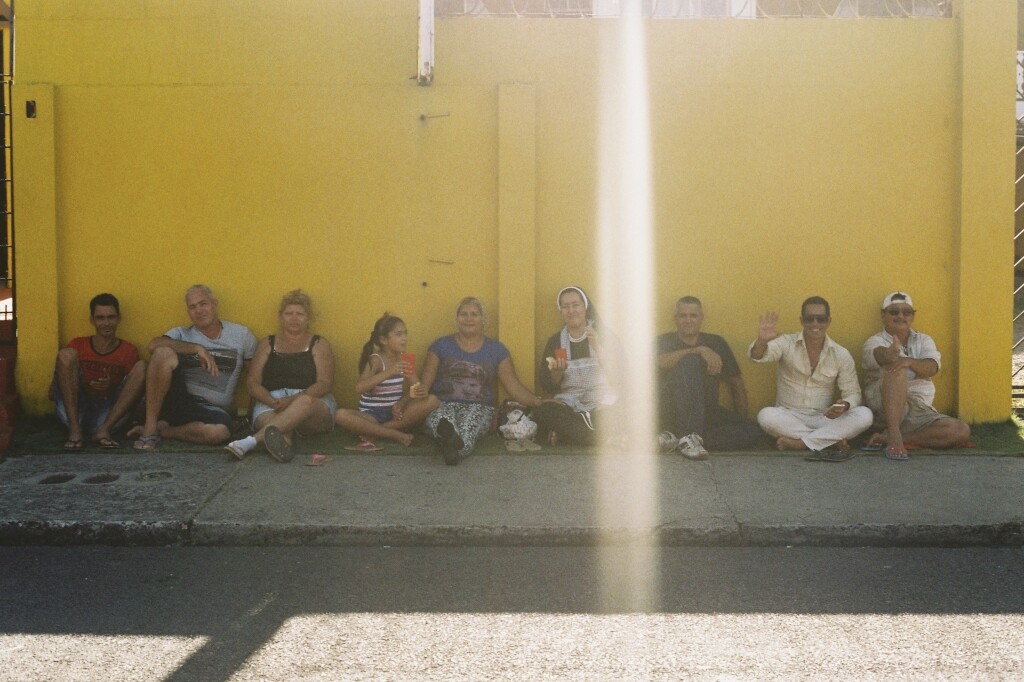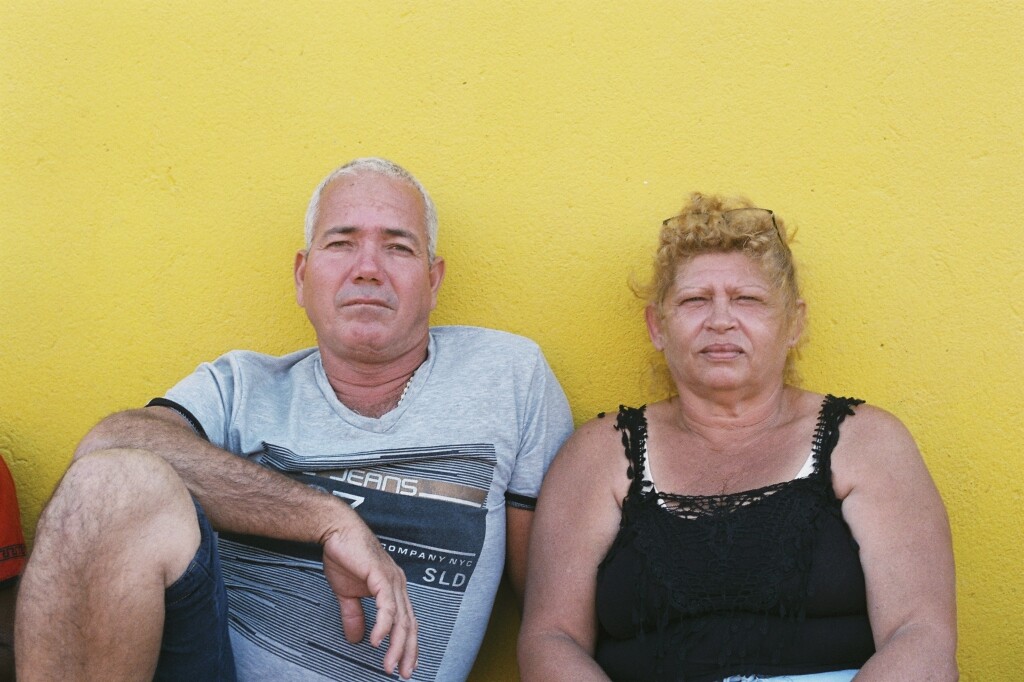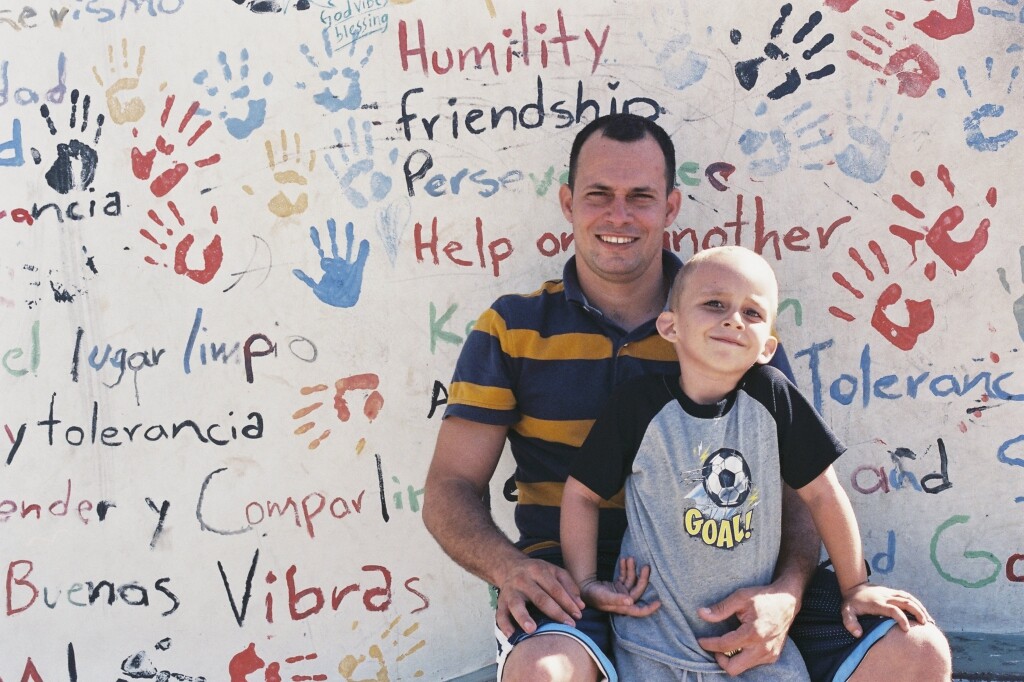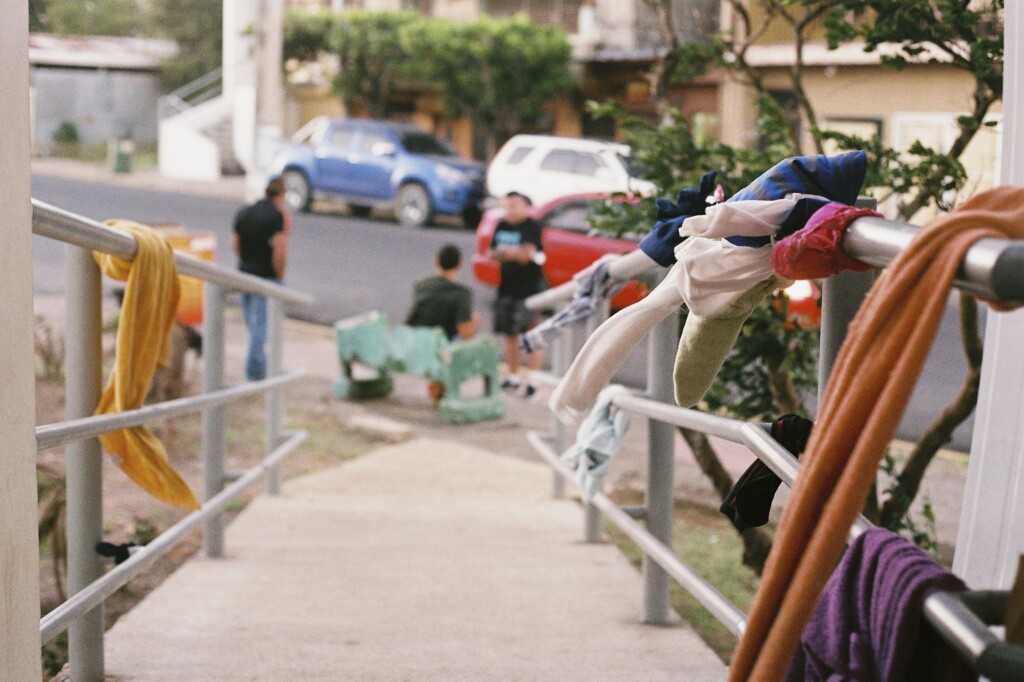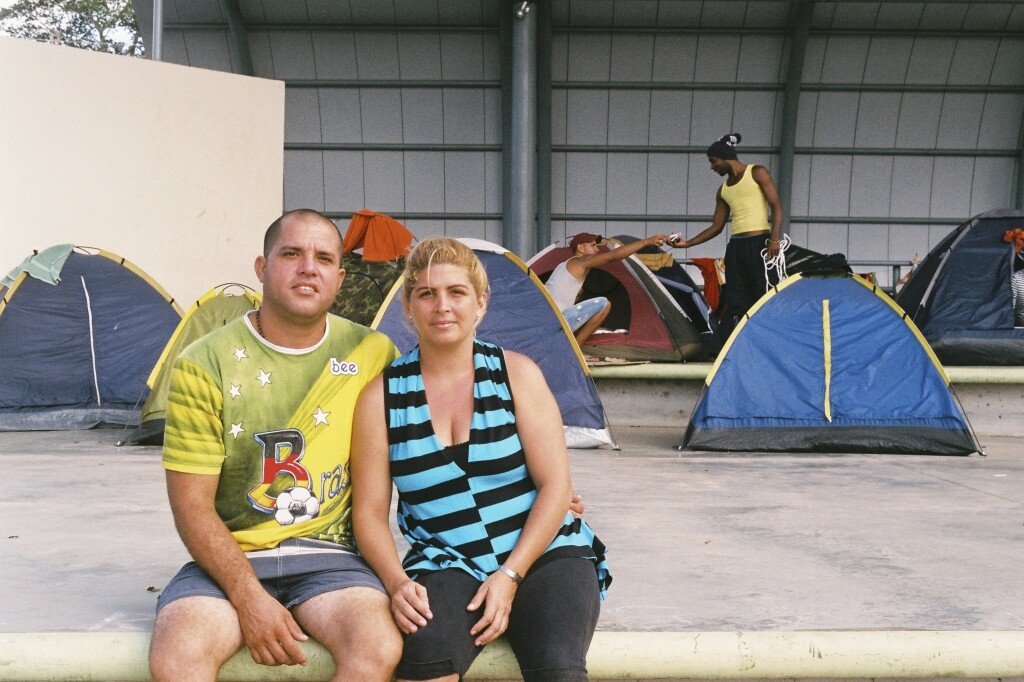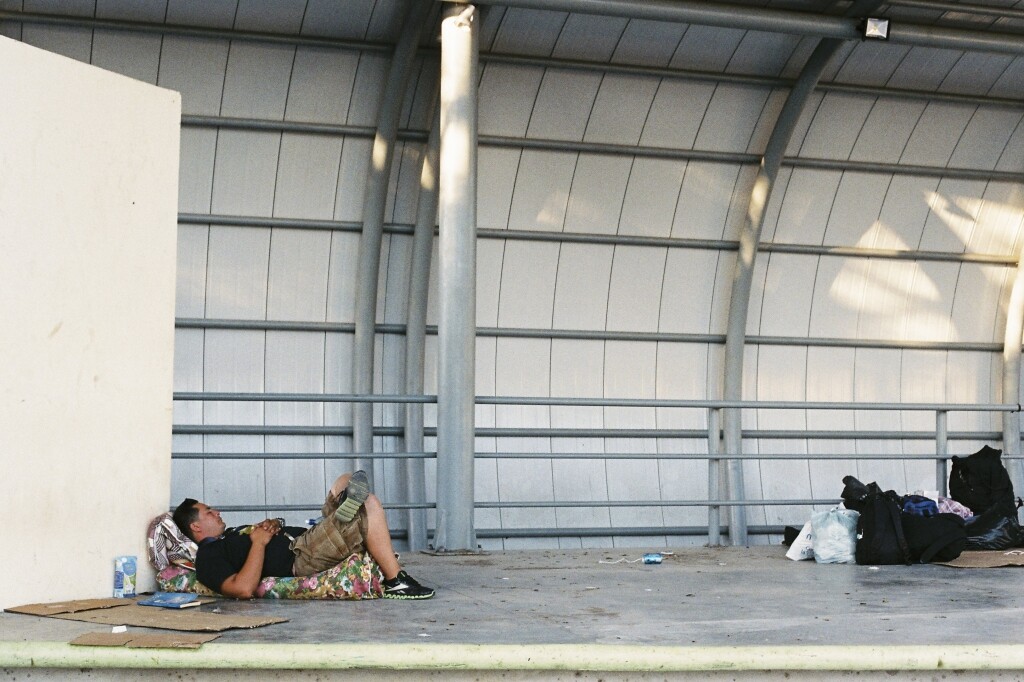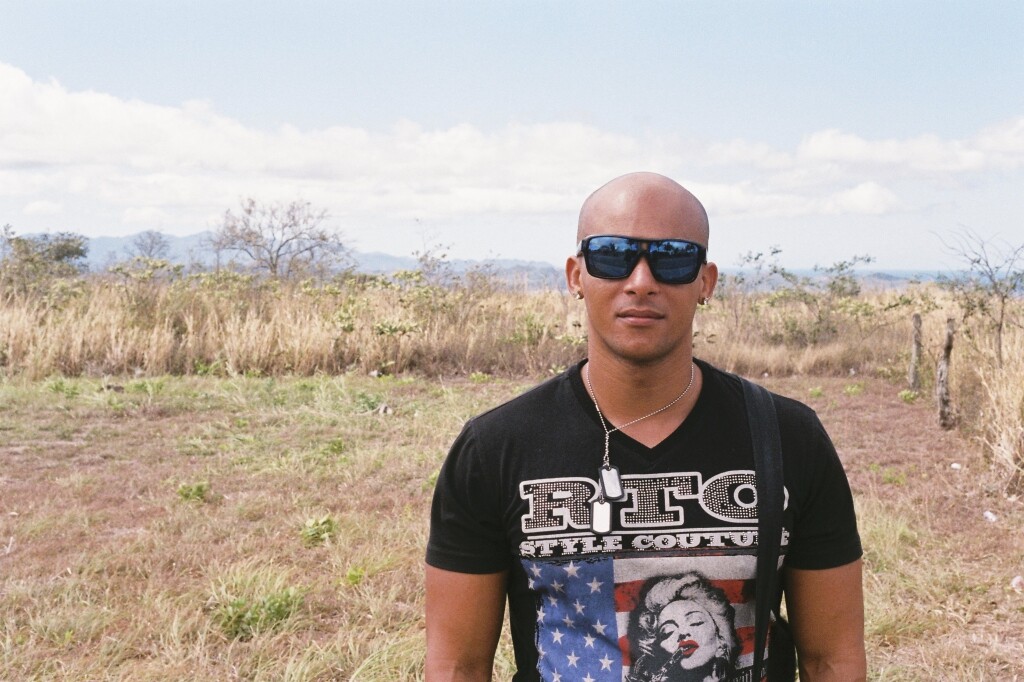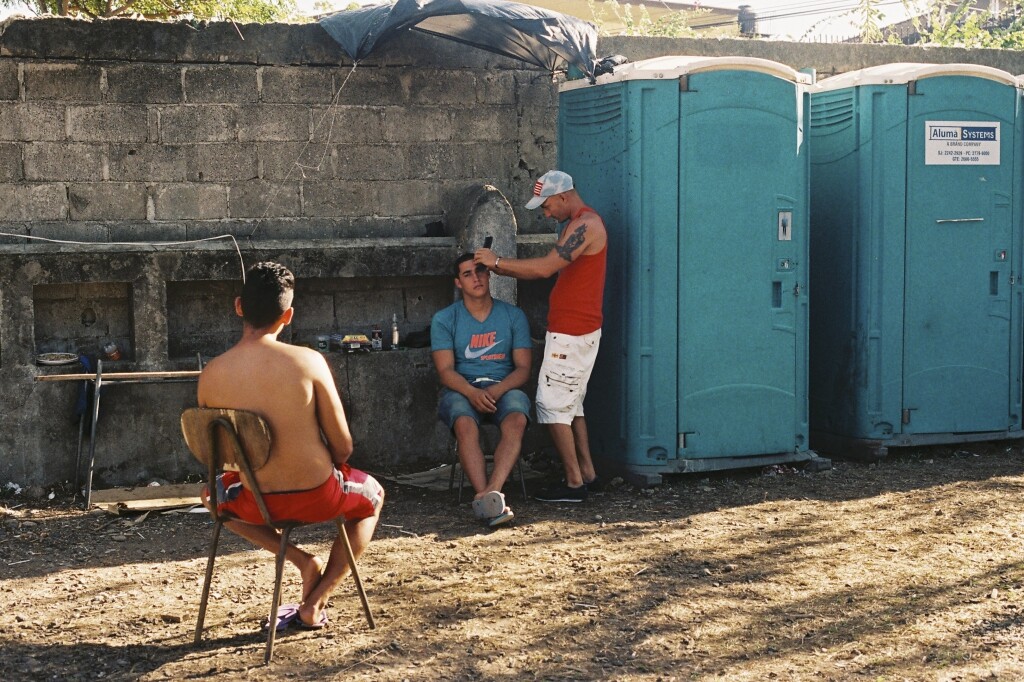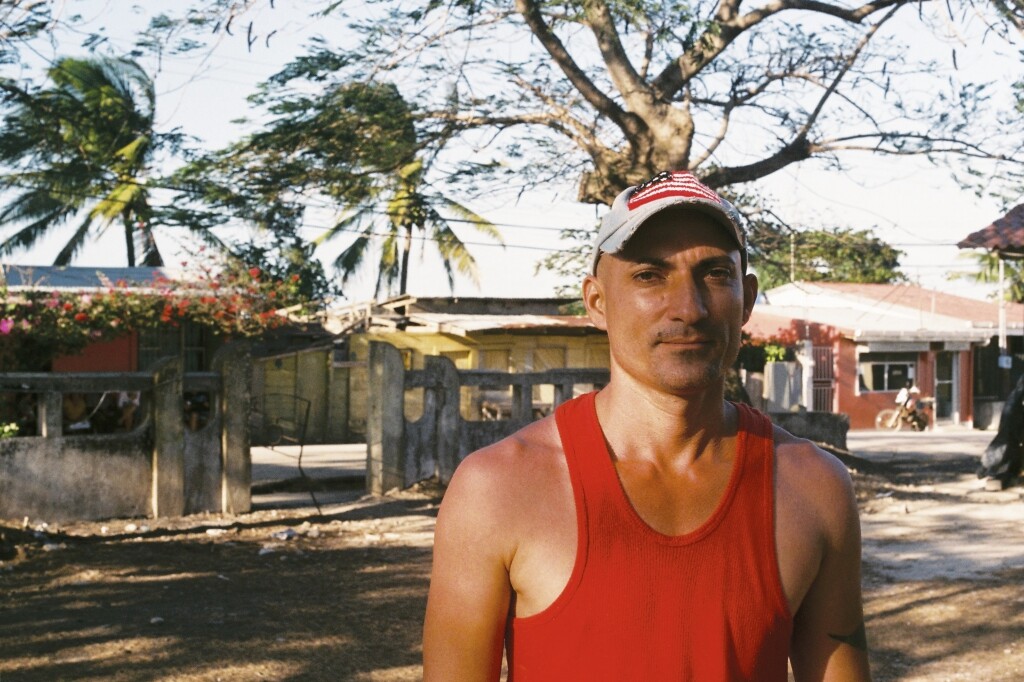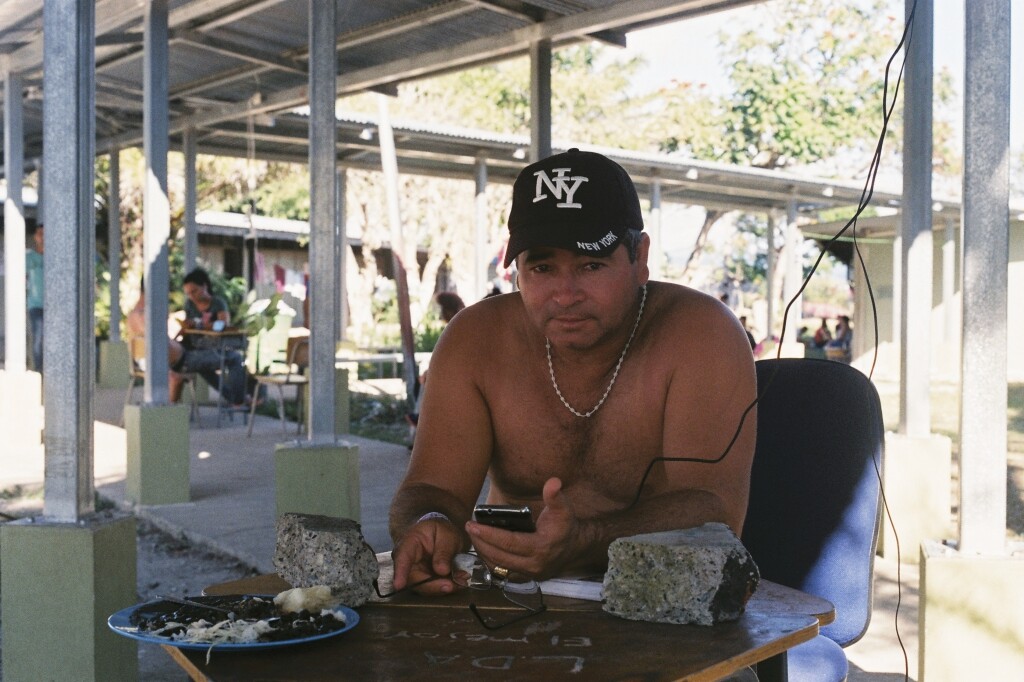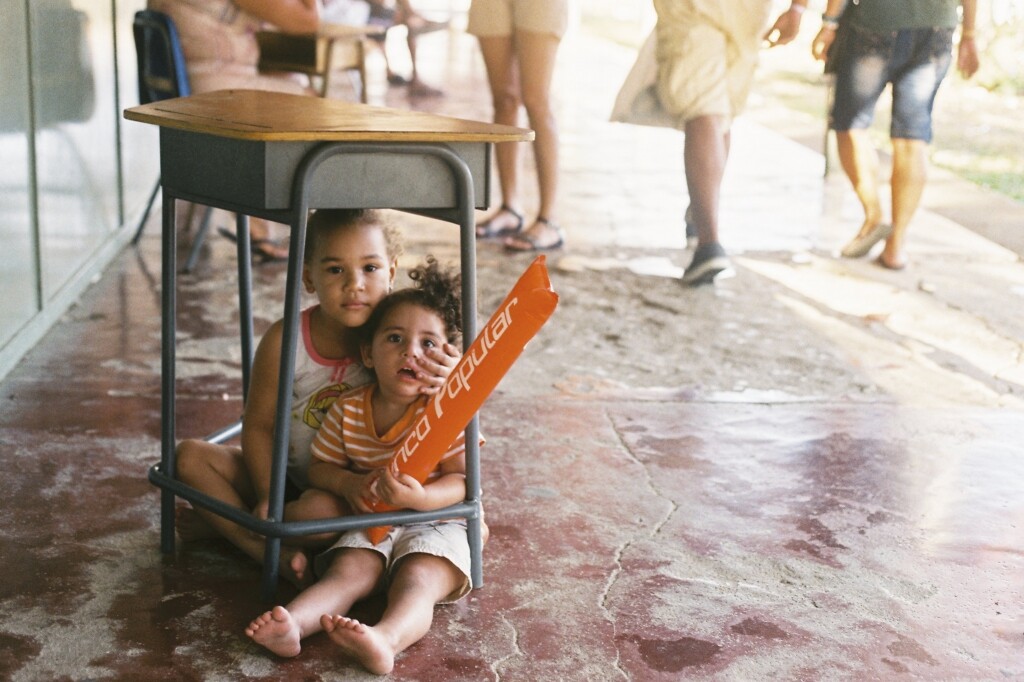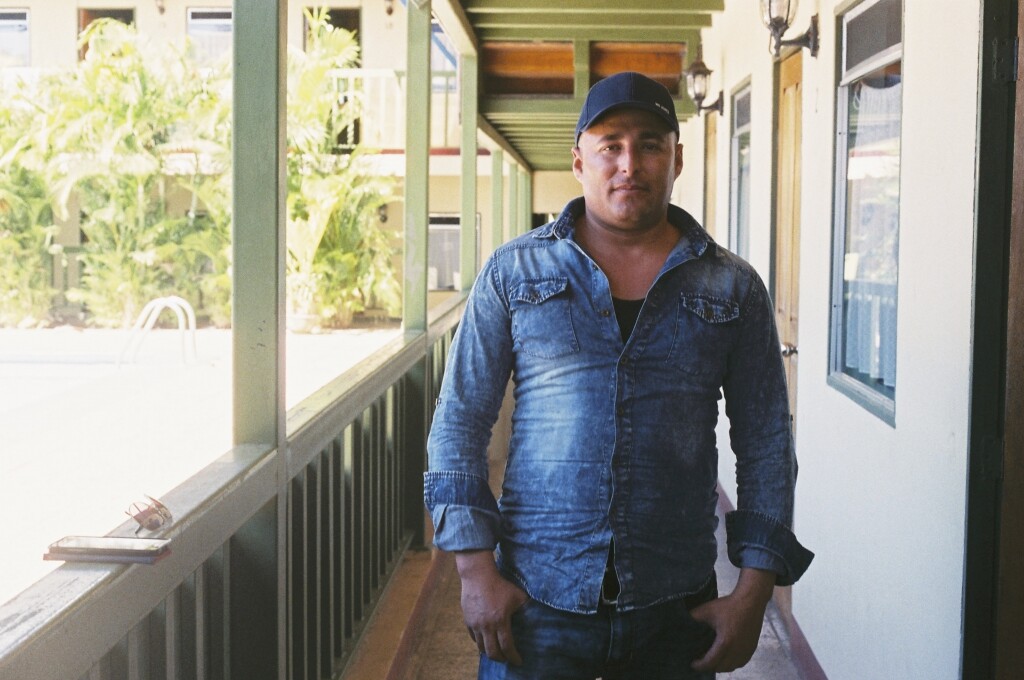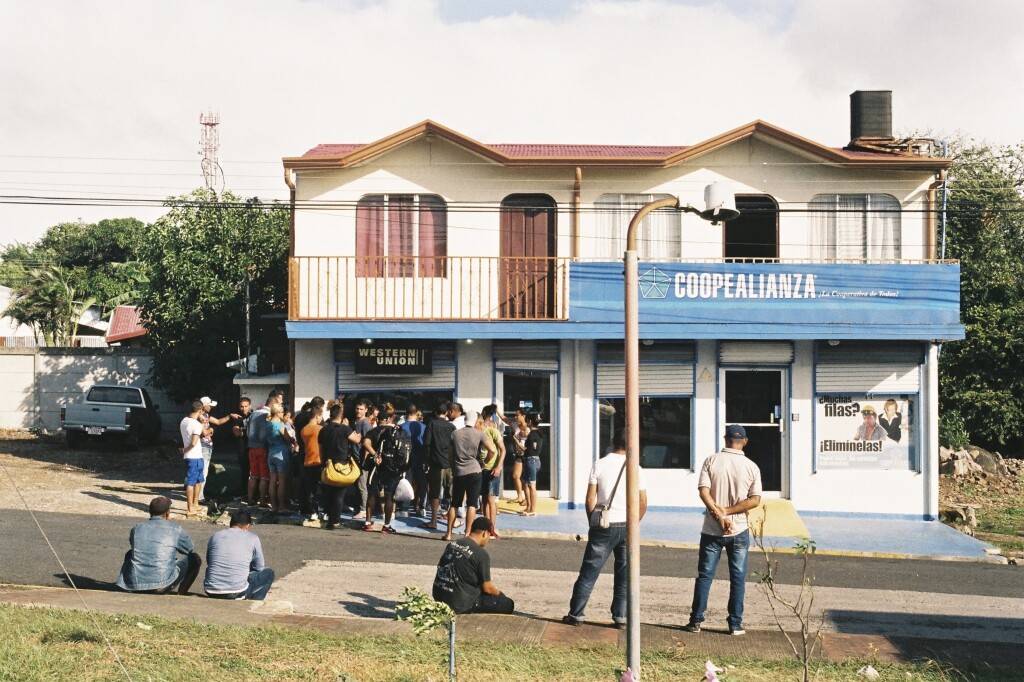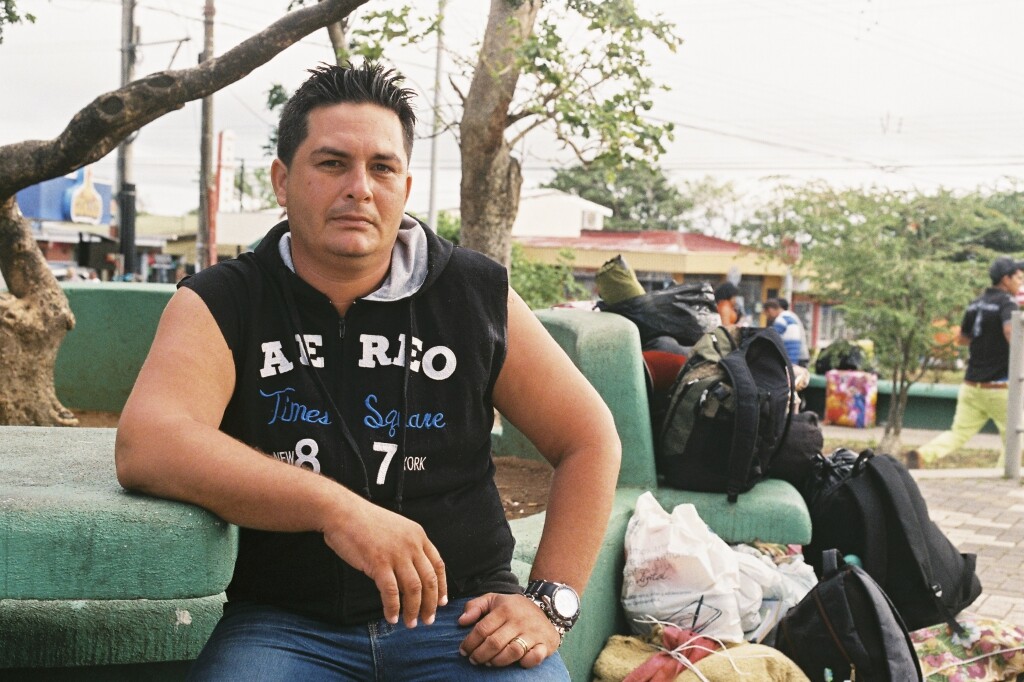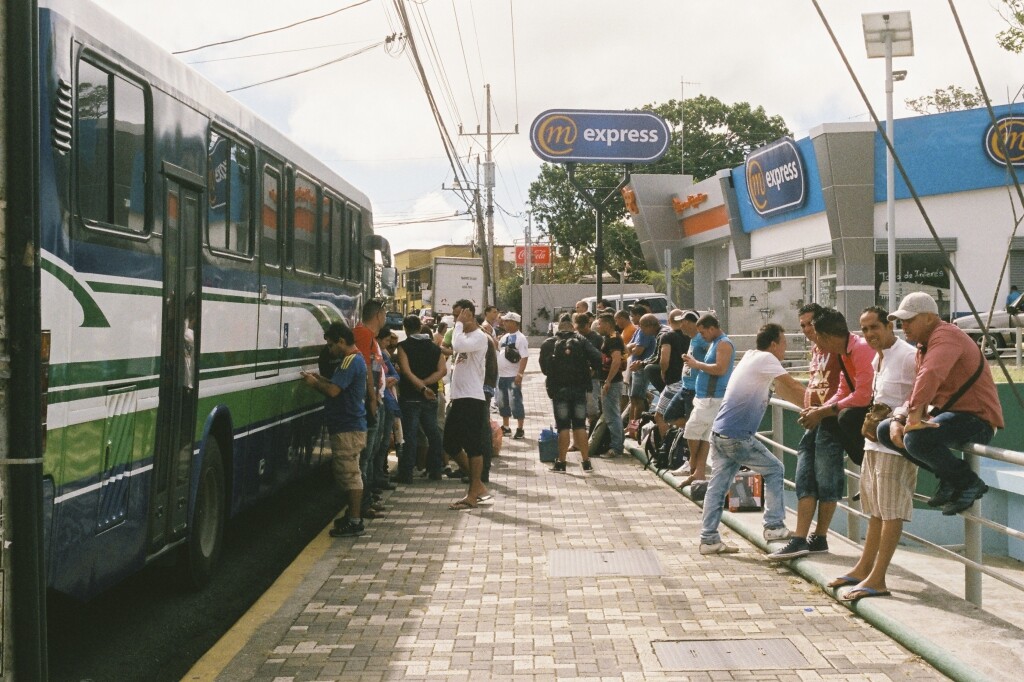Marine Saiah
Photograph
At the end of 2015 in Costa Rica, 6,000 Cubans found themselves stranded at the borders of Nicaragua, halted in their clandestine route toward the United States. This Central American migratory crisis was as unexpected as it was spectacular for this small country, which for months fed and housed the displaced refugees.
The poor city of La Cruz, the last city before the "Peñas Blancas" border in the northwest, welcomed these passersby arriving every week until early January (2016). Most of them were settled by local authorities and the Church in makeshift camps such as unoccupied schools (during summer vacation), church' courtyards, part of the house of the Franciscan Sisters, in the workout room of the Firehouse, etc. Others were able to either go to tourist hotels, stay with locals or in unused commercial properties.
From the end of December to the beginning of January there were are almost 2600 of them in La Cruz. The last arrivals set up tents on the central square of the city. Most of them left Cuba for Ecuador (a rare country that did not require a visa until 1 December 2015). Then they started to climb up Latin America through Colombia, Panama and Costa Rica. Some who had fled the country a few years earlier now lived and worked in South America.
The days passed in expectation of rare news about the unblocking of their situation.
The people I met and photographed told me about their tough journeys. They spoke of what drove them to leave : their dissatisfaction with the economic and political situation which remained unchanged for more than half a century, the lack of hope in the face of an imminent and positive change in the situation or to join their families living in the United States. But especially out of fear that following the conciliation of political relations between the two countries, Cubans would no longer be able to benefit from a regime favorable to them settling there (a law called "Cuban Ajustment Act").
From the end of January to the end of February, thanks to the political organization of Costa Rica, the refugees were finally able to fly, in small groups and at their own expense, to their final destination, with a passage through Mexico. The first blocked Cubans remained about 3 months in La Cruz.
A man told me rightly: "We are not the first to leave, we will not be the last."
The poor city of La Cruz, the last city before the "Peñas Blancas" border in the northwest, welcomed these passersby arriving every week until early January (2016). Most of them were settled by local authorities and the Church in makeshift camps such as unoccupied schools (during summer vacation), church' courtyards, part of the house of the Franciscan Sisters, in the workout room of the Firehouse, etc. Others were able to either go to tourist hotels, stay with locals or in unused commercial properties.
From the end of December to the beginning of January there were are almost 2600 of them in La Cruz. The last arrivals set up tents on the central square of the city. Most of them left Cuba for Ecuador (a rare country that did not require a visa until 1 December 2015). Then they started to climb up Latin America through Colombia, Panama and Costa Rica. Some who had fled the country a few years earlier now lived and worked in South America.
The days passed in expectation of rare news about the unblocking of their situation.
The people I met and photographed told me about their tough journeys. They spoke of what drove them to leave : their dissatisfaction with the economic and political situation which remained unchanged for more than half a century, the lack of hope in the face of an imminent and positive change in the situation or to join their families living in the United States. But especially out of fear that following the conciliation of political relations between the two countries, Cubans would no longer be able to benefit from a regime favorable to them settling there (a law called "Cuban Ajustment Act").
From the end of January to the end of February, thanks to the political organization of Costa Rica, the refugees were finally able to fly, in small groups and at their own expense, to their final destination, with a passage through Mexico. The first blocked Cubans remained about 3 months in La Cruz.
A man told me rightly: "We are not the first to leave, we will not be the last."
 Français
Français English
English Espanol
Espanol